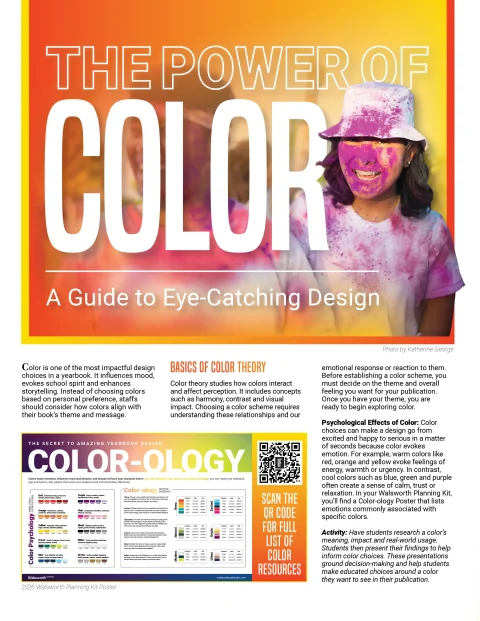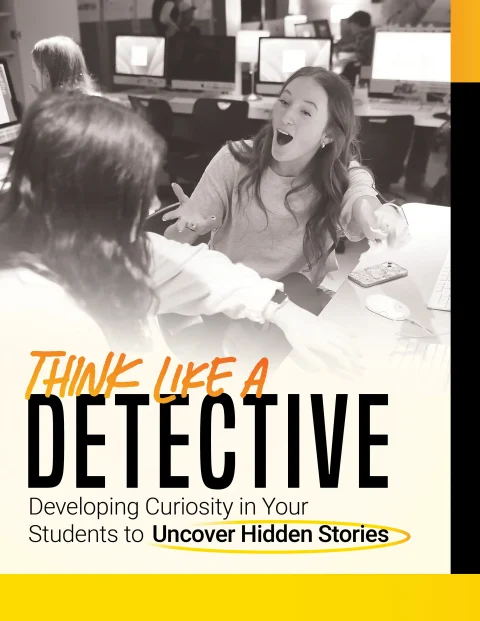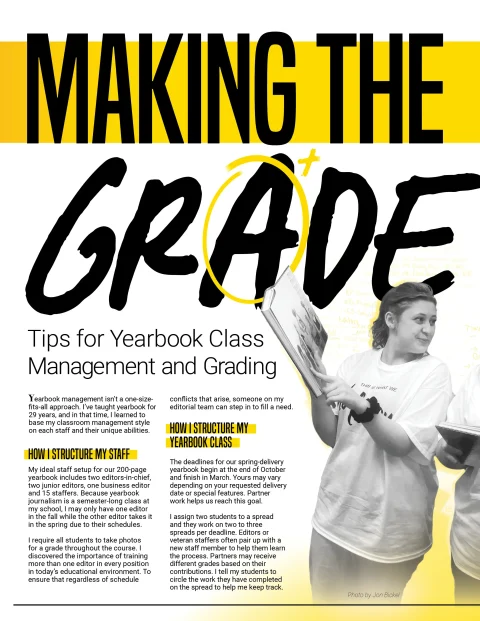As the school year winds down, yearbook advisers and staff face a critical transition period. This time isn’t about winding down – it’s about setting the stage for next year’s success. Watch our latest training video, “What To Do When the Yearbook is Done,” to explore the proven strategies to make the most of your post-deadline momentum.
Celebrate Your Achievement
The first and most important step is to celebrate. Your team has just completed an incredible project that will become a lasting memory for hundreds of students. Host a special staff party, create a commemorative sign with everyone’s signatures and take time to recognize individual contributions. These moments of celebration build team spirit and create lasting memories that will motivate your staff for years to come.
Preserve Your Program’s Legacy
Institutional knowledge is crucial for long-term success. Encourage each editor to create a detailed manual documenting their role, challenges and insights. These documents become invaluable resources for incoming team members, helping them understand the nuances of yearbook production and learn from both successes and challenges.
Develop Professional Skills
The post-deadline period is a golden opportunity for skill development. Challenge your team to explore design techniques beyond their comfort zone. Experiment with award-winning design layouts, create practice spreads without deadline pressure and build a comprehensive inspiration portfolio. This time allows for creative exploration without the stress of immediate publication.
Strategic Planning for the Future
Get ahead of next year’s challenges by developing a comprehensive strategy. Set up sales approaches for future books, prepare senior tribute packages and create marketing materials. Consider organizing early ad sales to ease future deadlines and reduce stress during the next production cycle.
Digital Housekeeping and Organization
Take a methodical approach to your digital assets. Save and organize all files, create robust backup systems for photos and archive unused images. Clean and prepare your workspace, ensuring a fresh start for the next academic year. This organizational effort pays dividends in efficiency and reduces stress for future staff.
Seek an Outsider’s Perspective
Professional growth comes from external feedback. Submit your yearbook for critique through state and national scholastic press associations. These detailed evaluations provide objective insights, helping you identify strengths and areas for improvement. Use these critiques to set clear, actionable goals for your next publication.
Maintain Team Engagement
The weeks after the final deadline can feel anticlimactic. Combat potential disengagement by creating meaningful activities that keep your team motivated. Design challenges, research projects and forward-looking planning sessions can maintain the team’s enthusiasm and prepare them for future success.
Building Professional Portfolios
Encourage staff to compile portfolios showcasing their best work. These collections are more than memories – they’re powerful tools for college applications, scholarship submissions and future career opportunities. Help students recognize the professional skills they’ve developed through yearbook production.
Final Thoughts
The end of a yearbook cycle isn’t a conclusion – it’s a launching pad for future success. By implementing these strategies, you’ll preserve this year’s memories and set the stage for an even more impressive publication next year. Check out our latest training video to gather detailed insights on how to finish the school year strong.





